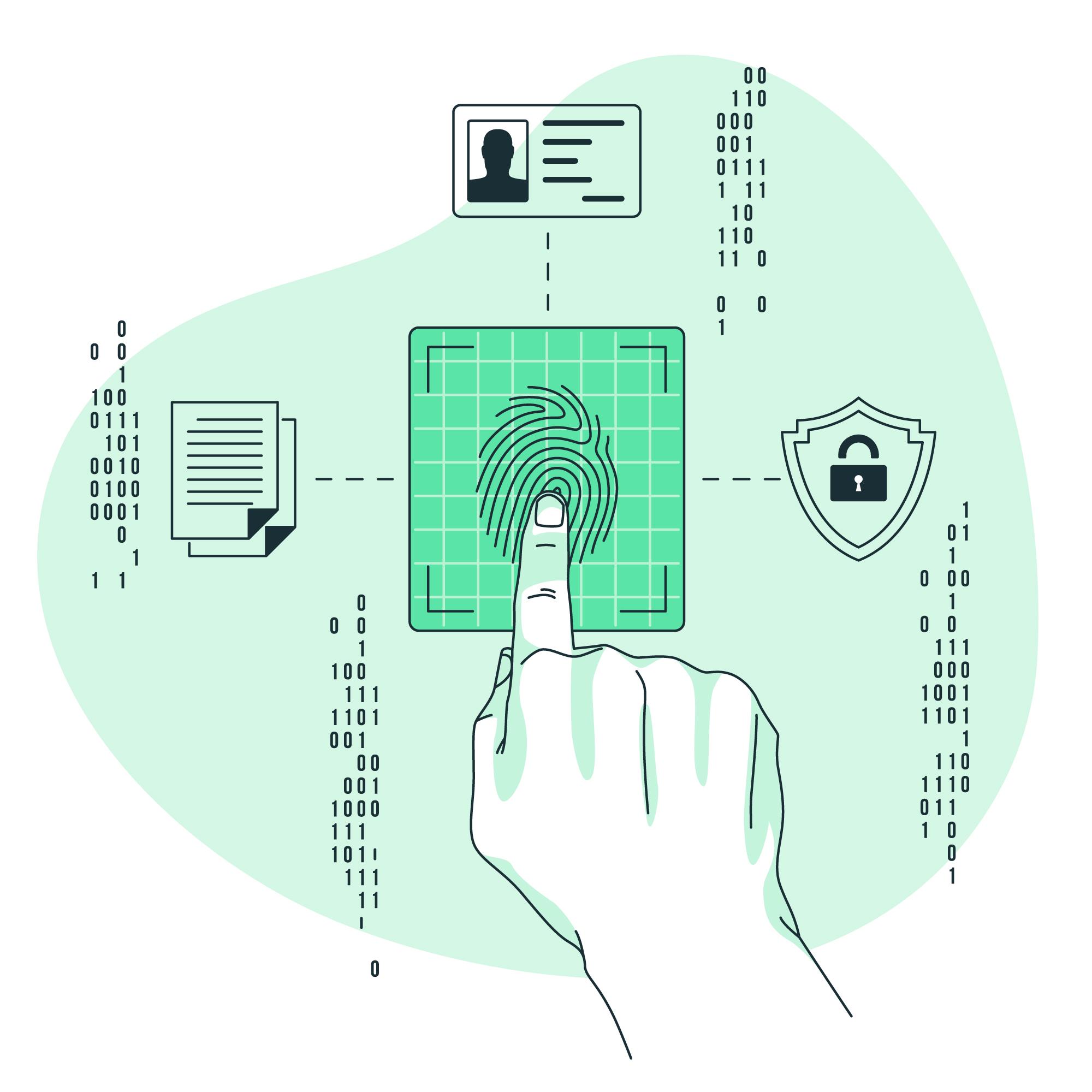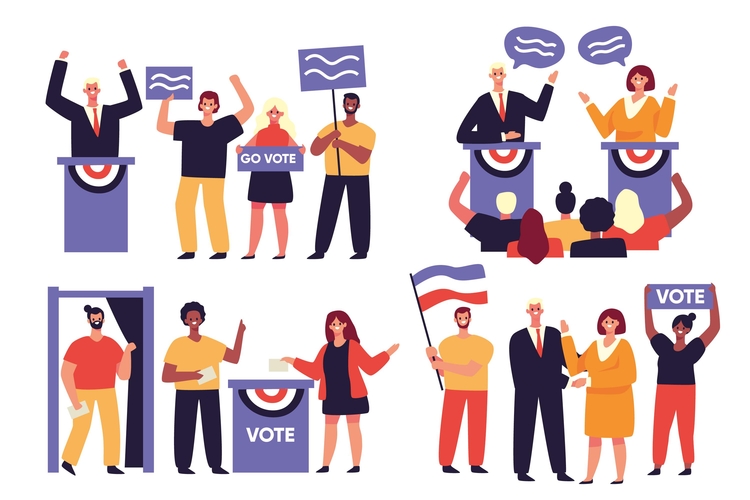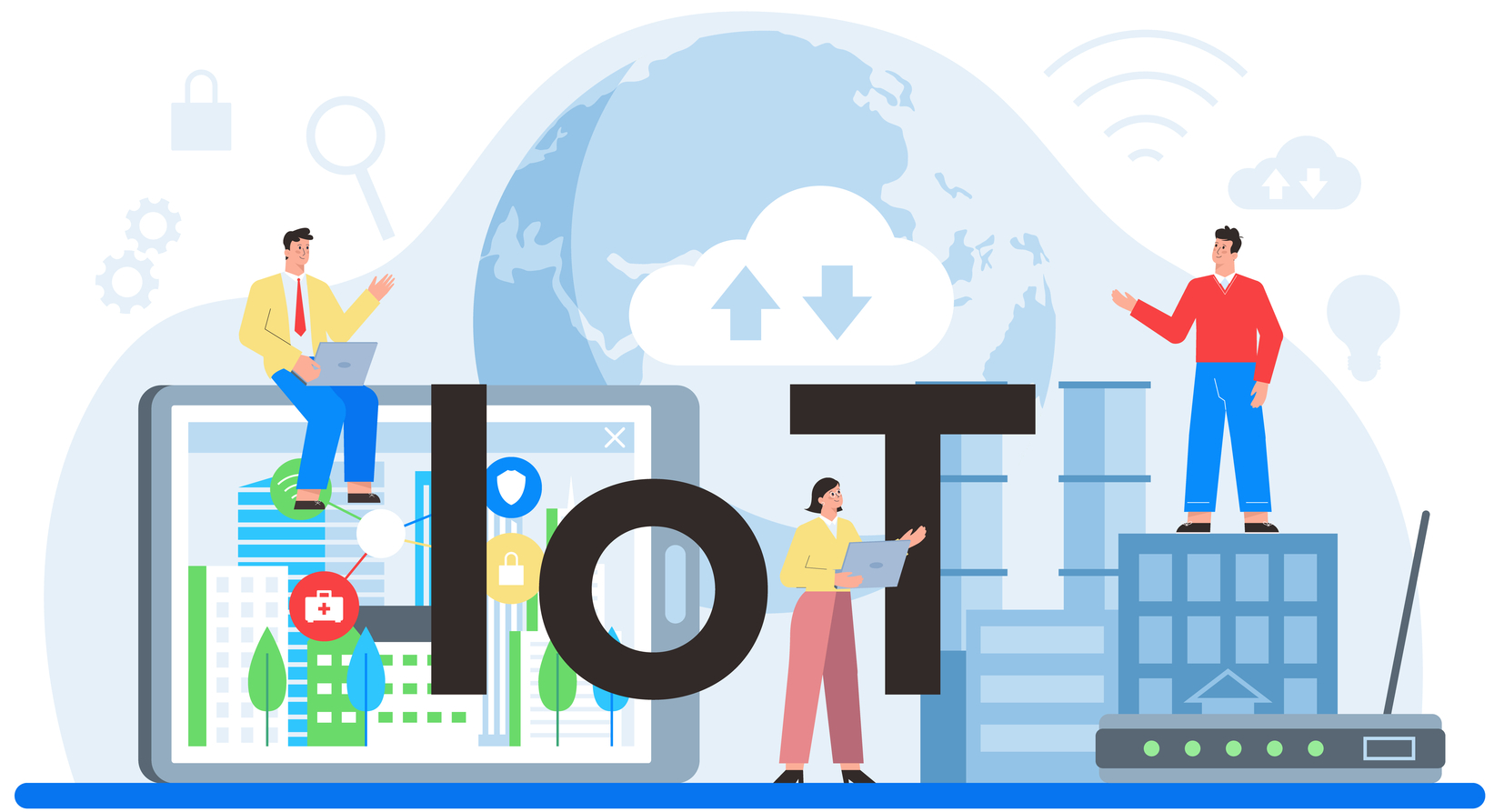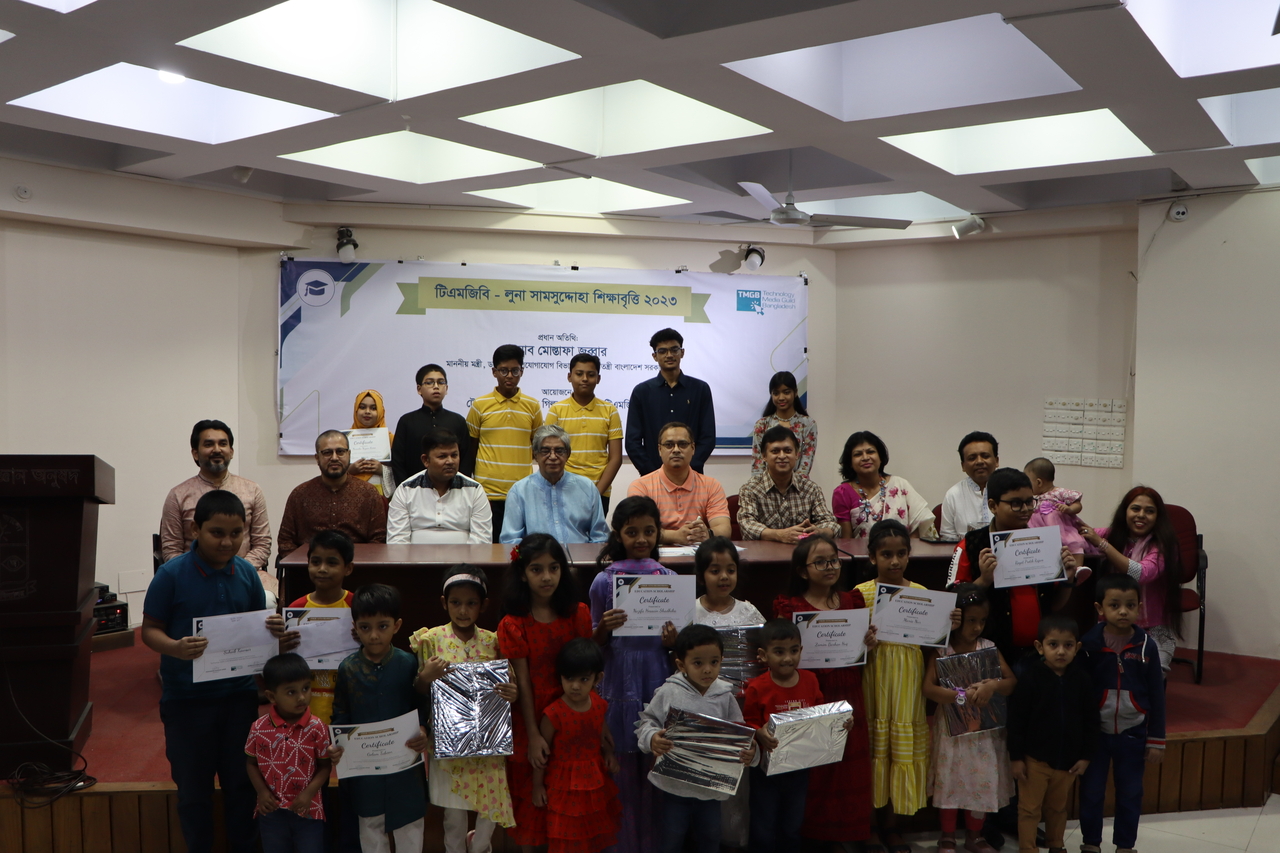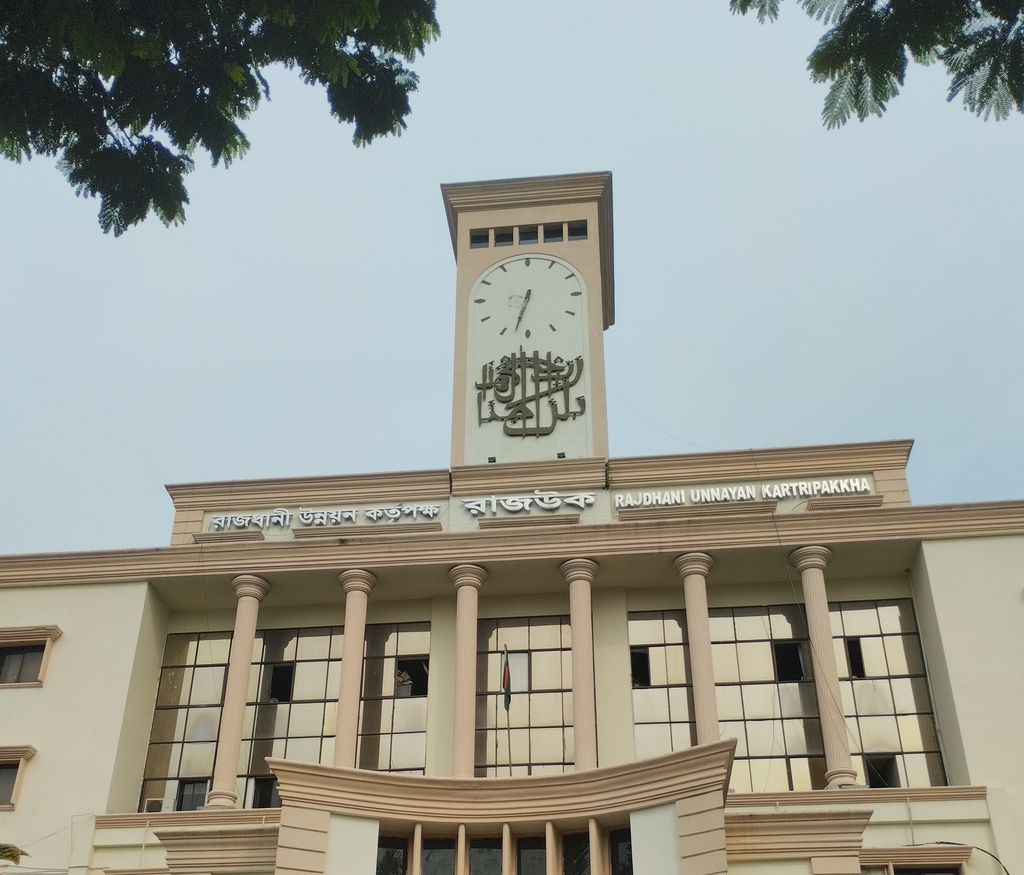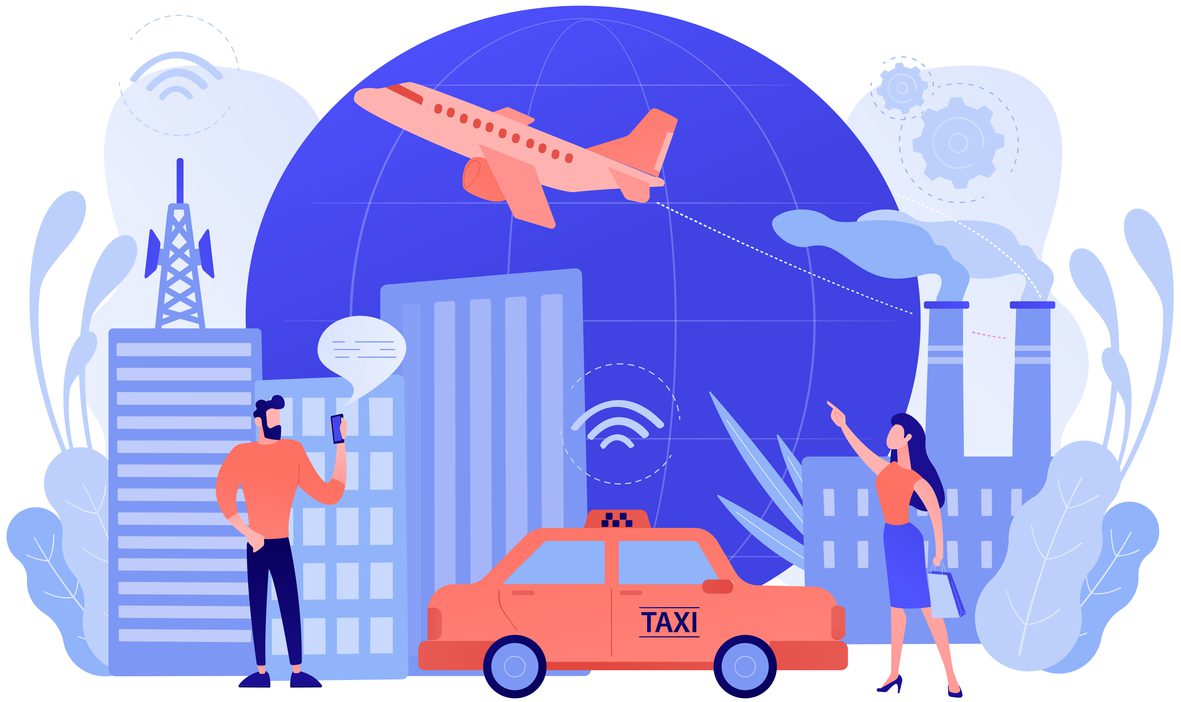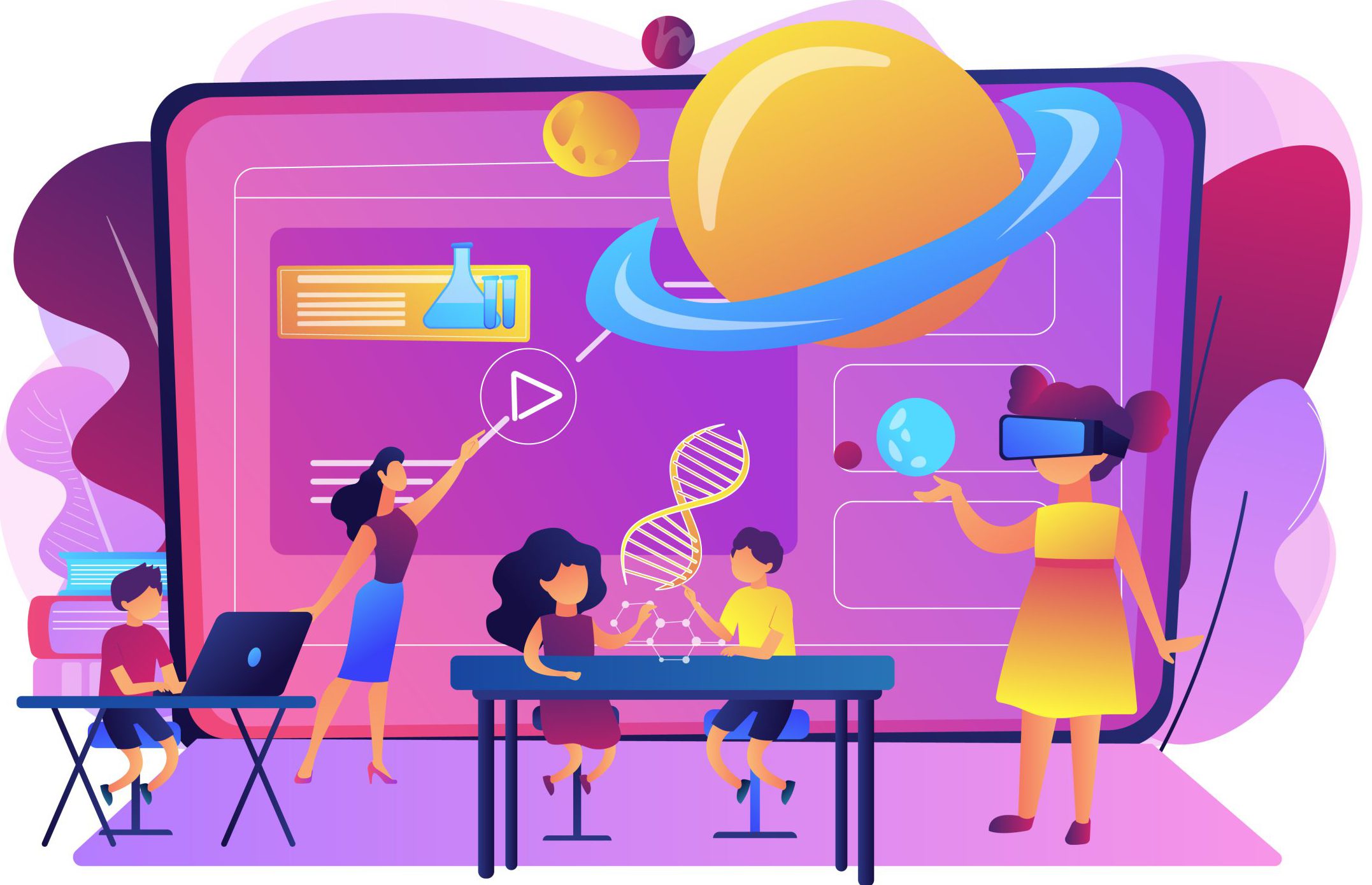Recent reports from leading Bangladeshi newspapers have brought to light critical challenges in the nation’s digital and physical infrastructures. The Daily Star’s investigation revealed a weight tampering scandal at Benapole port, involving corruption and misuse of the port’s logistic operations. Meanwhile, The Financial Express reported on the abuse of online land services, specifically the e-Namjari (e-mutation) system, where corruption and inefficiencies undermined its purpose of simplifying land registration and tax payments.
These issues highlight a disconnect between technological advancement and governance, underscoring the need for systemic reforms and stronger oversight. The incidents at Benapole port and within the digital land services are indicative of broader challenges in ethical governance and transparent administration in Bangladesh’s journey towards modernization and digital transformation.

